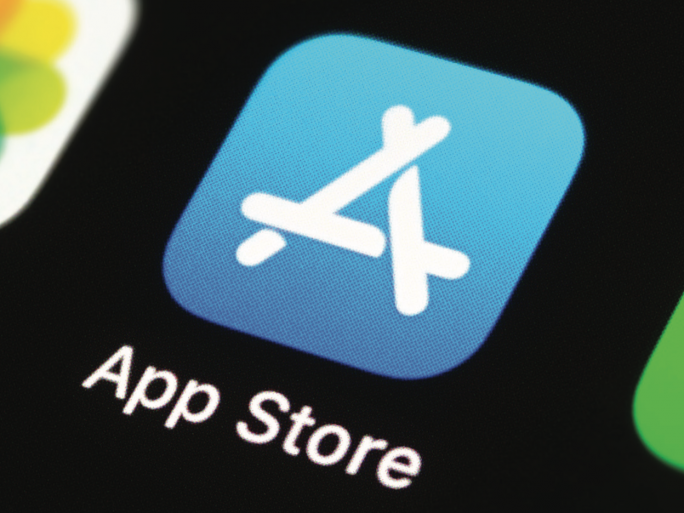Apple is once again having to adjust its business to comply with a new law from the European Union, it has been reported this week.
According to Bloomberg’s Mark Gruman, Apple is preparing to allow alternative app stores on its iPhones and iPads and side-loading of apps, as part of a sweeping overhaul aimed at complying with strict European Union requirements coming in 2024.
This massive change to iOS and Apple’s notoriously closed ecosystem is reportedly being developed so that Apple compiles the EU requirements set out in the Digital Markets and Services Act agreed in March this year.
![]()
App stores, sideloading
Bloomberg’s Mark Gruman is a noted Apple leaker and tends to have a high success rate in his predictions, although some of his predictions do not materialise.
New story: Apple is preparing to allow alternative app stores and side-loading on iOS — along with a slew of other changes to make the iPhone more open — in response to new European Union requirements arriving in 2024. https://t.co/hZpXrKdHGj
— Mark Gurman (@markgurman) December 13, 2022
According to Gruman’s report, which cites people familiar with the efforts, software engineering and services employees at Apple are engaged in a major push to “open up key elements of Apple’s platforms.”
As part of the changes, customers could ultimately download third-party software to their iPhones and iPads without using the company’s App Store (i.e. sideloading), sidestepping Apple’s usually strict restrictions and the up-to-30 percent commission it imposes on payments.
The changes are projected to take place only in the 27 countries that are members of the European Union.
That said, it could lay the groundwork for an eventual expansion of the services to other regions.
Apple has until 1 January 2024 to comply with the EU law or face a potential fine of 10 percent of the total worldwide turnover, with 20 percent for repeat offences.
According to Mark Gruman, the Apple updates will likely arrive with iOS 17 in 2023.
The implementation of these changes also includes allowing broader access to Apple’s NFC chip, the camera, Find My Network, and the AirTag, as well as bringing new web browsing engines to iPhones and iPads.
Gurman noted that Apple is still planning to charge developers, even if they don’t distribute their apps through the App Store.
EU compliance
If this report turns out to be true, it will mean that it is not be the only EU law that Apple has had to make major changes of late to accommodate.
The European Union in October 2022 finally agreed a common (or universal) charging standard (USB-C) for all mobile devices. That means that from Autumn 2024, all electronic devices would need to support USB-C charging, and Apple will need to remove its venerable lightning port in its iPhone handsets in the EU.
Soon after that Greg Joswiak, Apple’s senior vice president of worldwide marketing reluctantly told The Wall Street Journal Tech Live conference, “obviously we’ll have to comply.”
This week it was confirmed that Apple will have to drop the lightning port, introduced in September 2012 (with the iPhone 5), by 28 December 2024.
![]()
Meanwhile laptop have been given longer to implement the universal charging standard, with an enforcement date of 28 April 2026.
Other devices that charge exclusively wirelessly, such as the Apple Watch, are exempt.
So Apple will likely implement USB-C on its iPhone 16 portfolio at the very latest, although the switch could come sooner with the iPhone 15 in September 2023, (new model line-ups are typically released every September).
However Apple may just decide to surprise everyone and drop all charging ports on its iPhones (much like it did with the headphone jack) and simply switch all iPhones to wirelessly charging only.
Apple will also have to switch its AirPods cases and Mac mice to the universal charging standard.





